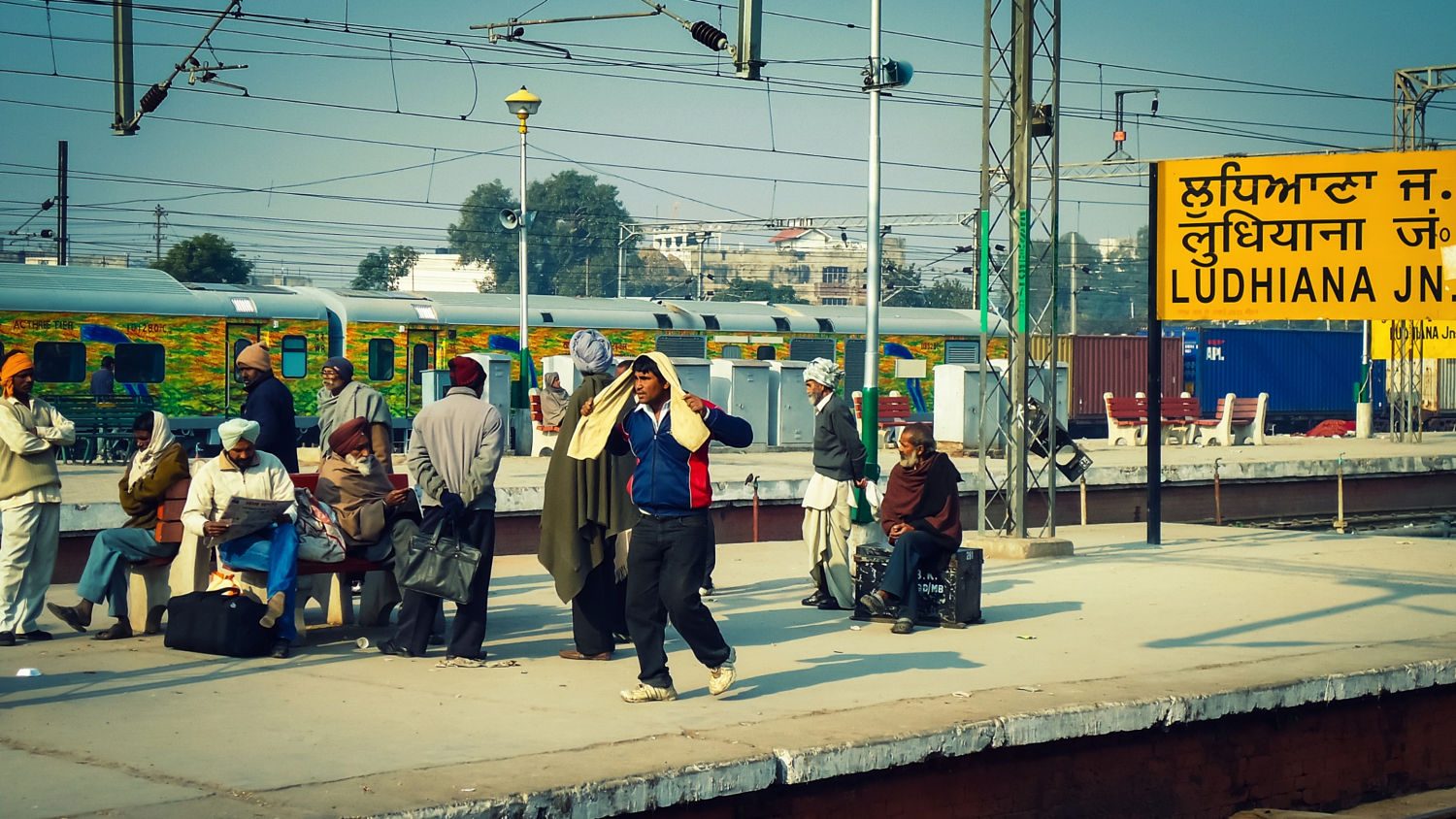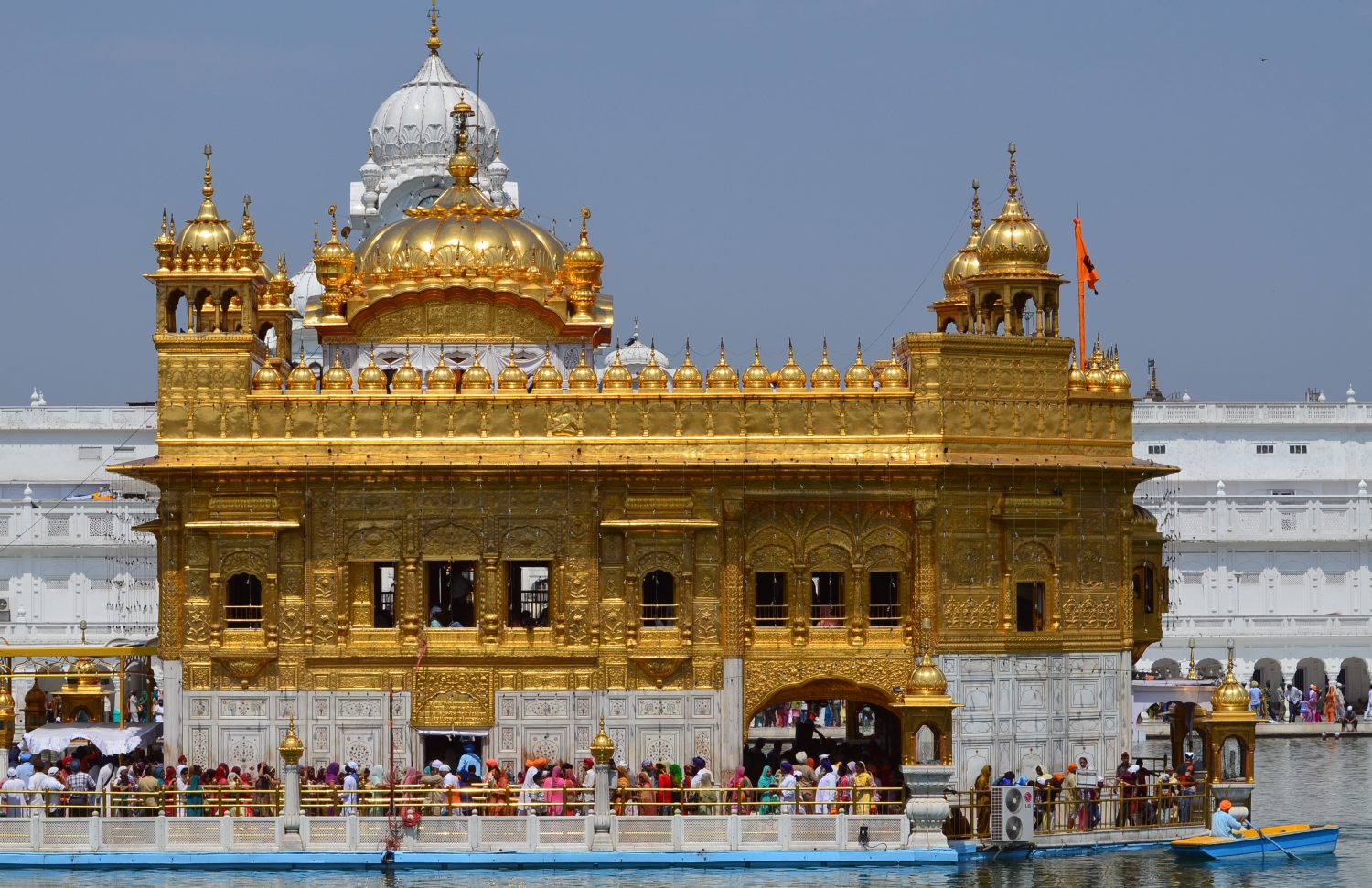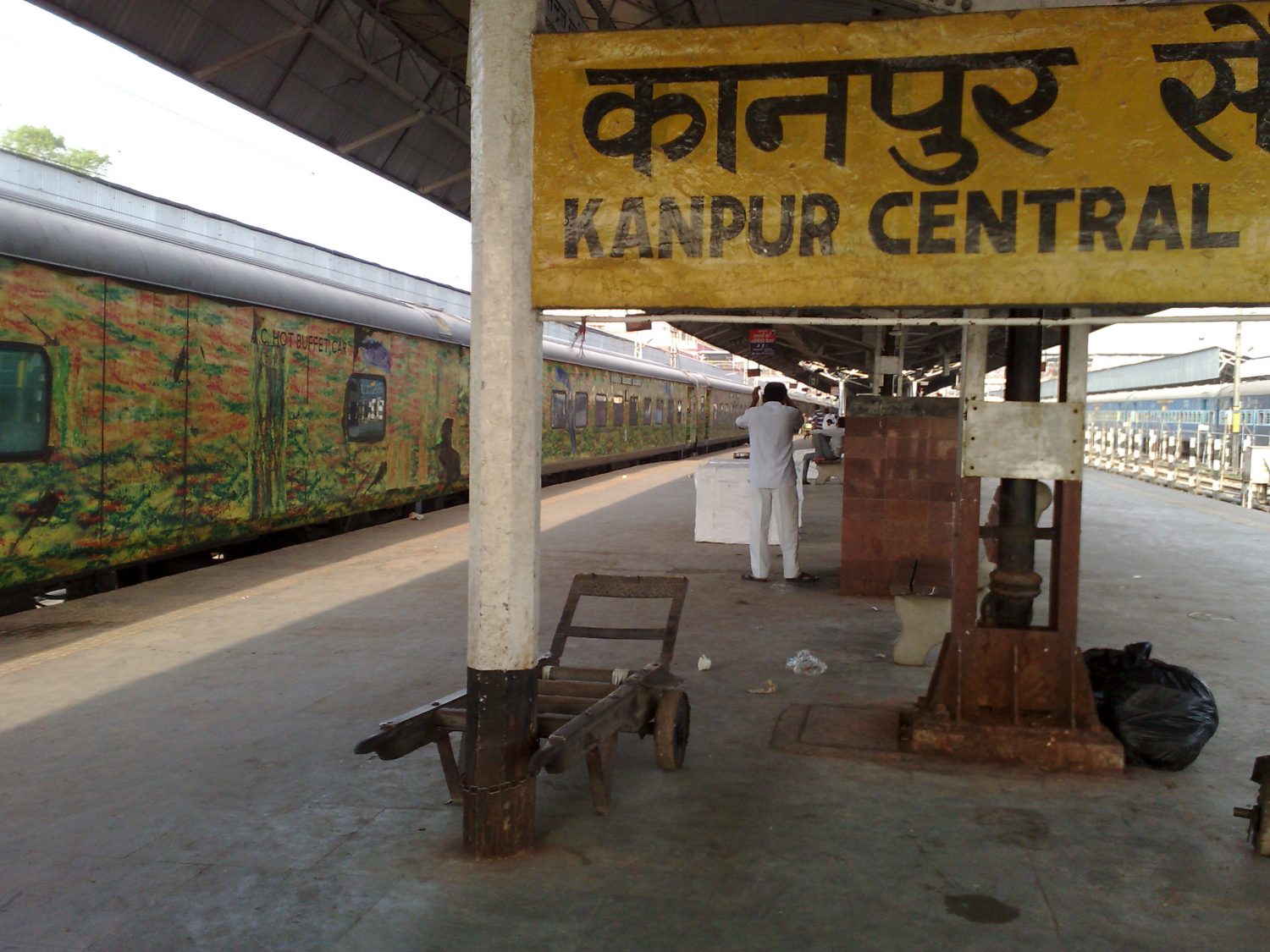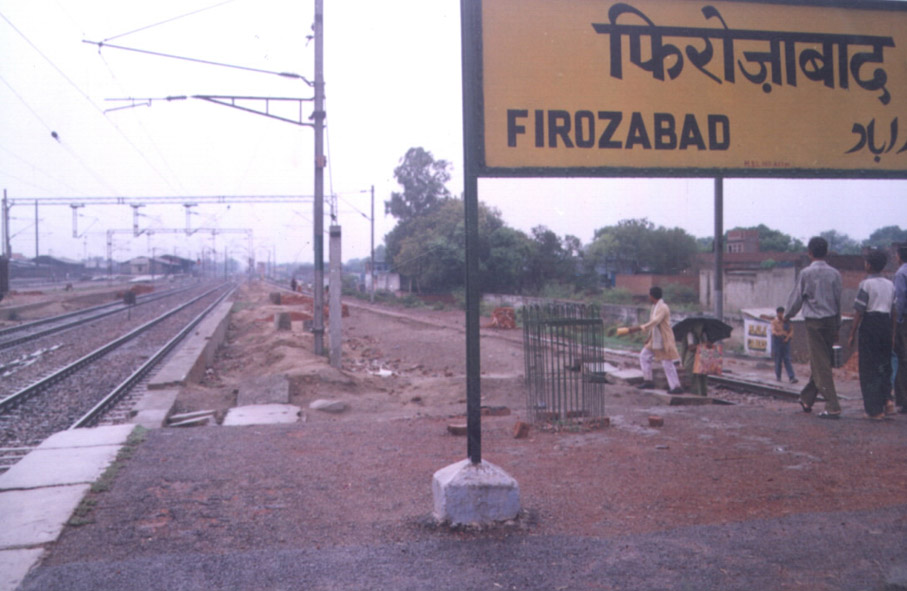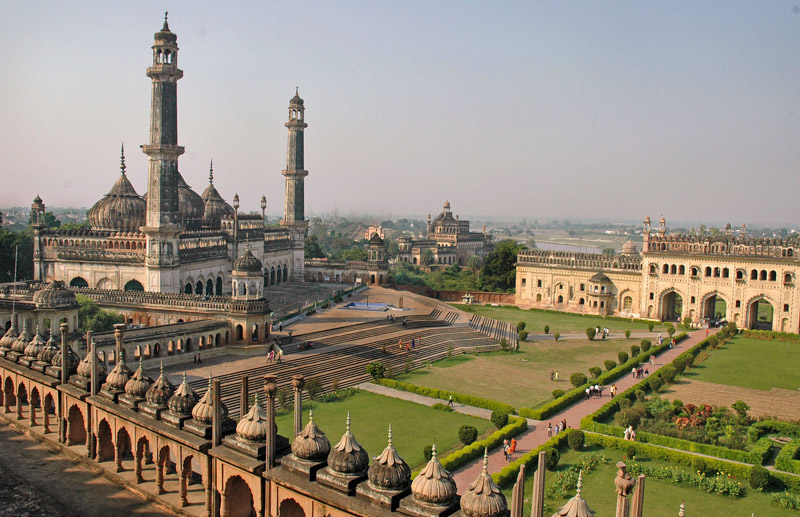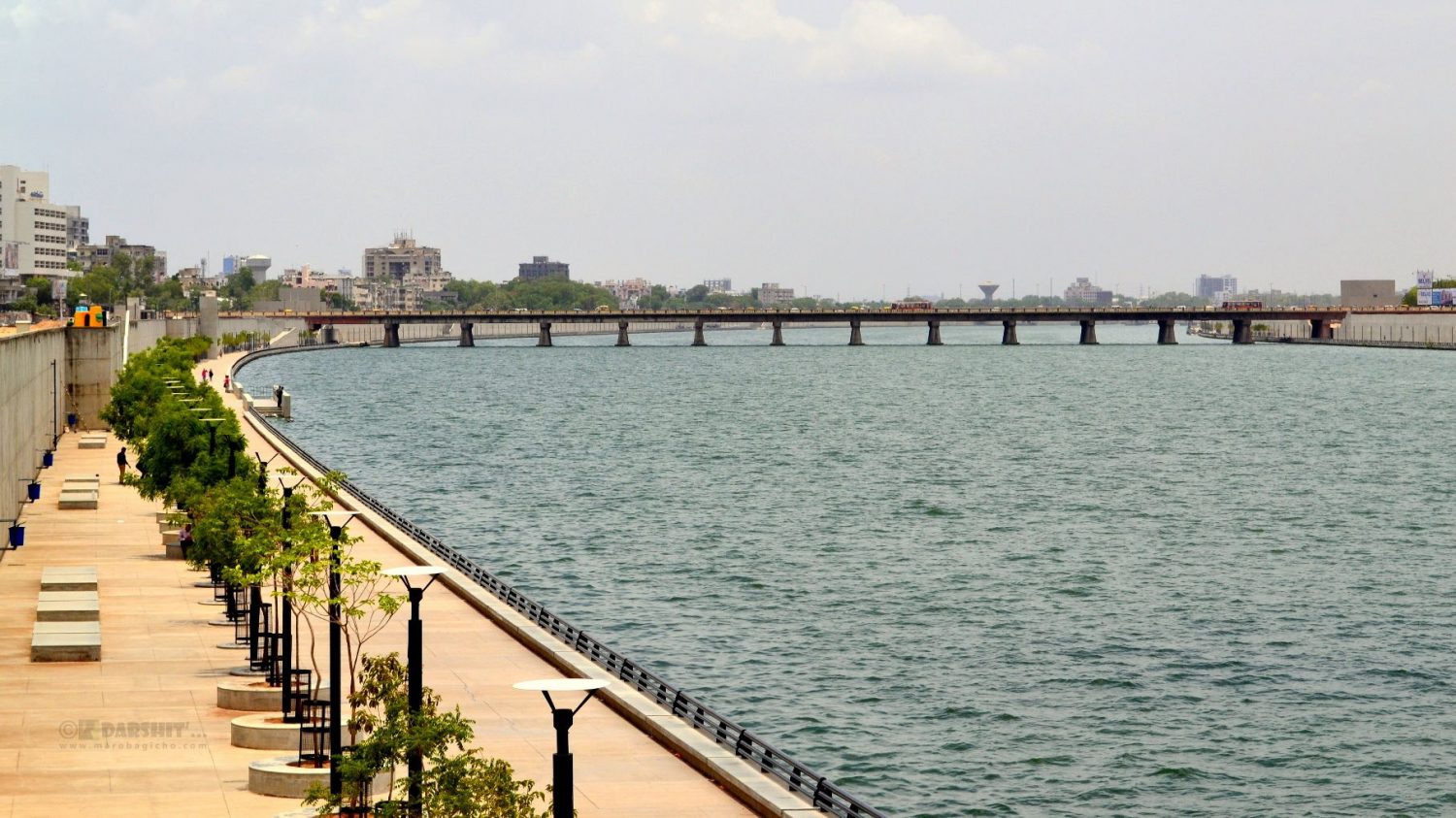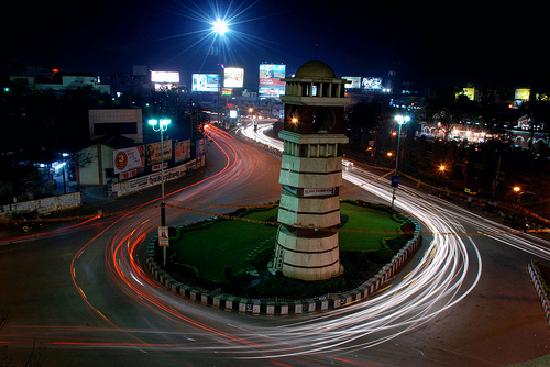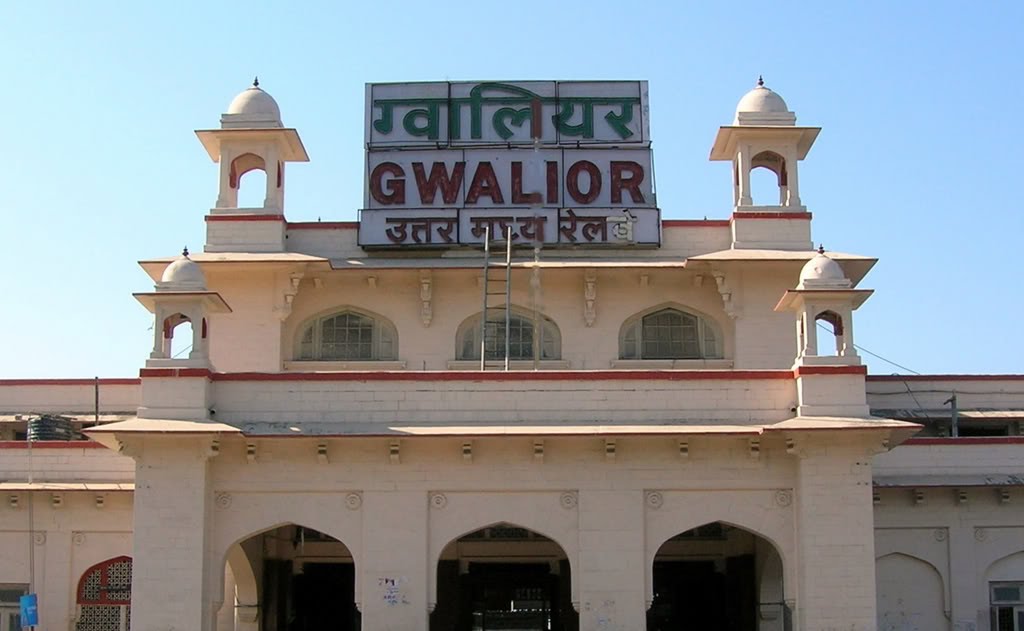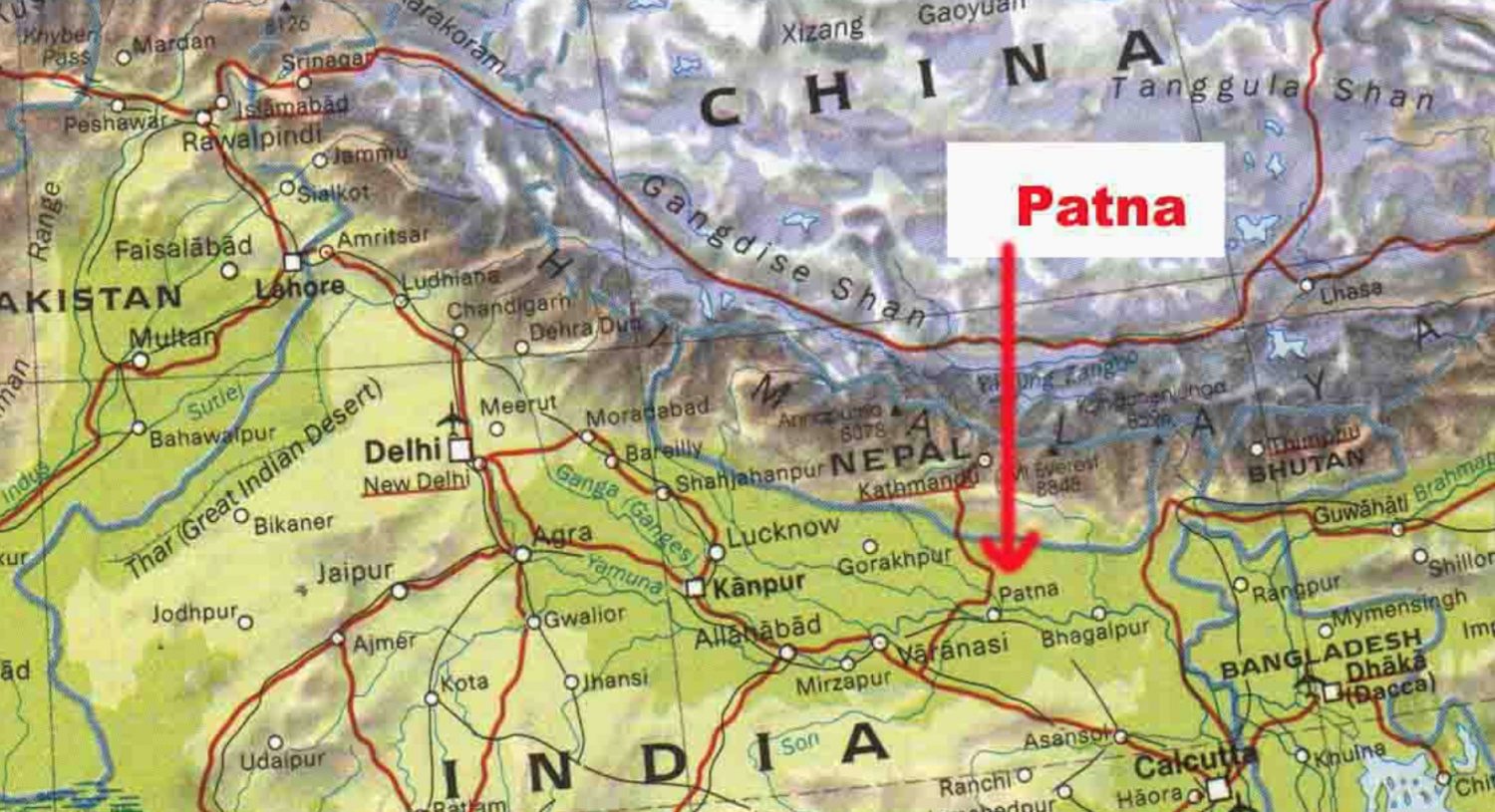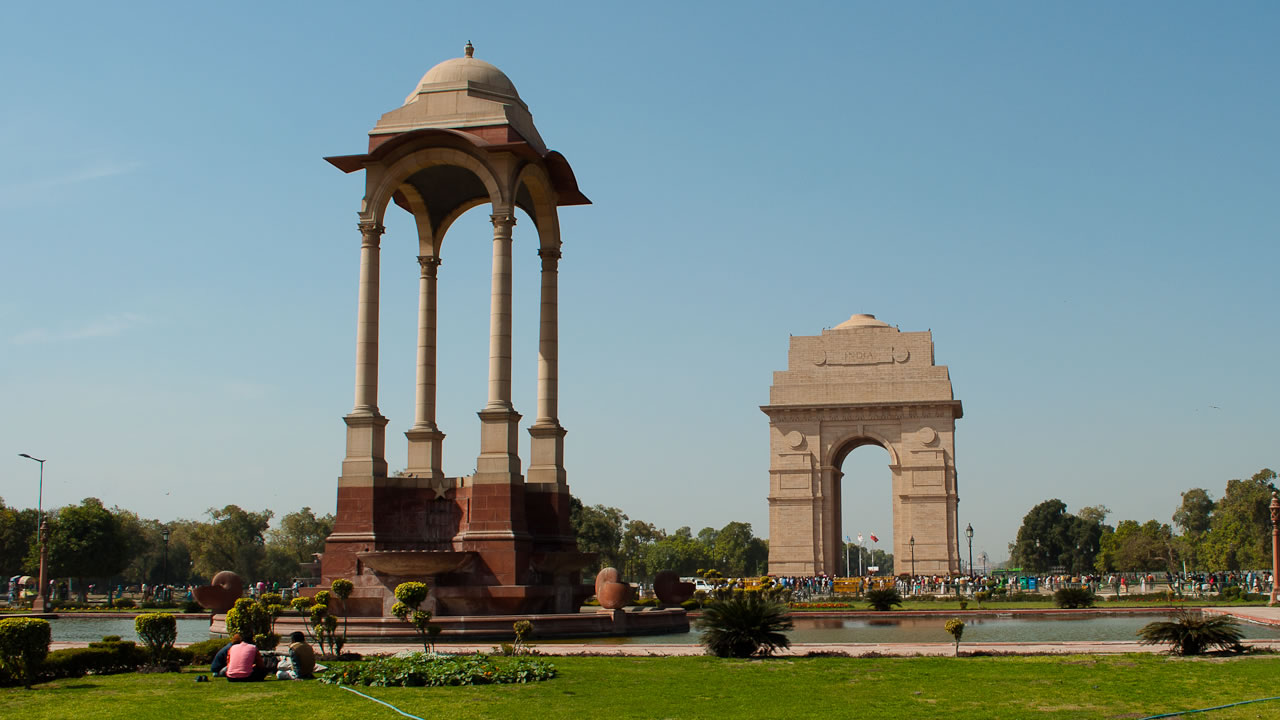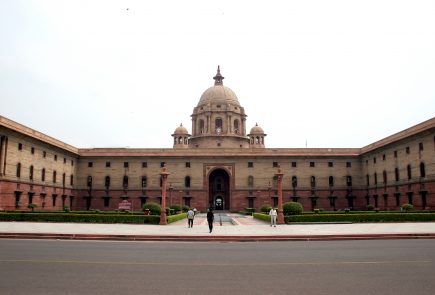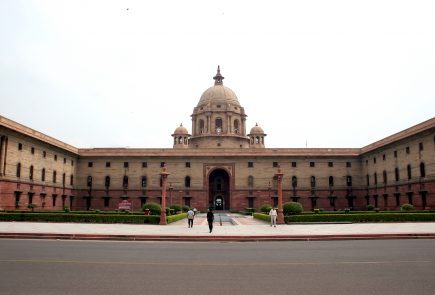Top 10 Most Polluted Cites in India

There is no denying that India is top on the list of polluted countries in the world. In-Fact 13 of the Top 20 polluted cities in the world come from India according to a report published by World Health Organization( WHO) in 2014.
Many claim that the reason for the pollution is the large population that is only second to China. To measure the levels of pollution PM10 and PM25 counts are used, PM10 is suspended particulate matter 10 micrometers or less in diameter; PM2.5 is suspended particulate matter 2.5 microns or less in diameter. Safe levels numbers kept by health organizations are PM10: Safe 40 µg/m3 over a period of a year and for PM2.5: Safe 25 µg/m3 over a period of a year.
Here is the list of Top 10 cities, any guesses for Number One?
10. Ludhiana
While a relatively small city, Ludhiana is seeing massive development and a large influx of traffic.
- PM10 : 207 µg/m3
- PM 2.5 : 91 µg/m3
The Pollution levels are almost four times the permissible levels for a healthy life.
9. Amritsar
Another small city of Punjab and the home of the Golden Temple, Amritsar hits the list at number nine. While the food there is amazing and the people happy, the pollution levels are off the charts. Only a little more than Ludhiana but much above the safe permissible limits.
- PM10 : 210 µg/m3
- PM 2.5: 92 µg/m3
8. Kanpur
A city with a population crossing 40 lac or 4 million residents Kanpur hits the list at number 8. with a
- PM10 : 212 µg/m3
- PM2.5 : 93µg/m3
7. Firozabad
Firozabad is located in north central India, in western Uttar Pradesh , 40 km from Agra and around 240 km away from Delhi. Firozabad has a large industry with a high pollution output which gets the blame for the degradation of the Taj Mahal’s white marble.
- PM10 : 219 µg/m3
- PM2.5 : 96 µg/m3
6. Lucknow
Lucknow is the largest city in Uttar Pradesh and the second largest in India after Delhi. Home of the Royals of the Mughal Empire also known as Nawabs of Awadh is no longer safe for Royalty or any inhabitation of any kind.
- PM10 : 219 µg/m3
- PM2.5 : 96 µg/m3
5. Ahmedabad
The pride of the Prime Minister of India and the former capital of the State of Gujrat, Ahmedabad has a population of 6.3 million and an extended population of 7.2 million. While the PM10 count is well under control at 67 µg/m3, still above the permissible level, the PM2.5 is extremely high and toxic for humans.
- PM10 : 67 µg/m3
- PM2.5 : 100 µg/m3
4. Raipur
Here is where the list goes shockingly out of proportion, Raipur the capital of Chhattisgarh is losing the battle with PM10 count and not only is it extremely high it is so bad that if you were to explain this with an image, you would use the following: ![]()
- PM10 : 304 µg/m3
- PM2.5 : 135 µg/m3
3. Gwalior
Coming it at a cool number 3 the City of Gwalior is located 319 kilometers south of Delhi in the heart of Madhya Pradesh. The 2014 WHO report calls Gwalior the third most polluted city in the world, only because the top two are also from India.
- PM10 : 329 µg/m3
- PM2.5 : 144 µg/m3
2. Patna
The state capital of Bihar, Patna is the second most polluted city in the world and also the second most polluted city in India. One of the oldest continuously inhabited places in the world. Patna was founded in 490 BCE by the king of Magadha, little did he know the levels of pollution it would reach.
- PM10 : 164 µg/m3
- PM2.5 : 149 µg/m3
-
Delhi
You guessed it; the odd-even traffic laws will be little or no relief for Delhi, which is the capital of India and also the largest city in the country. In the 2011 census, Delhi’s population crossed 16 million inhabitants or around 1.6 crore people. A large number of vehicles and traffic is attributed as the primary cause of the city’s toxic levels of air pollution. No signs can signify the levels of damage this does to the human body.
- PM10 : 286 µg/m3
- PM2.5 : 153 µg/m3
Remember the safe limits of PM10: 40 µg/m3 and for PM2.5: 25 µg/m3 over a period of a year. The worst part about this situation is that the last collected numbers are from the 2014 report, which means that the current levels are expected to be much higher. The state or local authorities have taken no significant preventive measures or steps to control the rising levels of pollution.
While Delhi tries the Odd-Even formula, it may be too little too late.
















